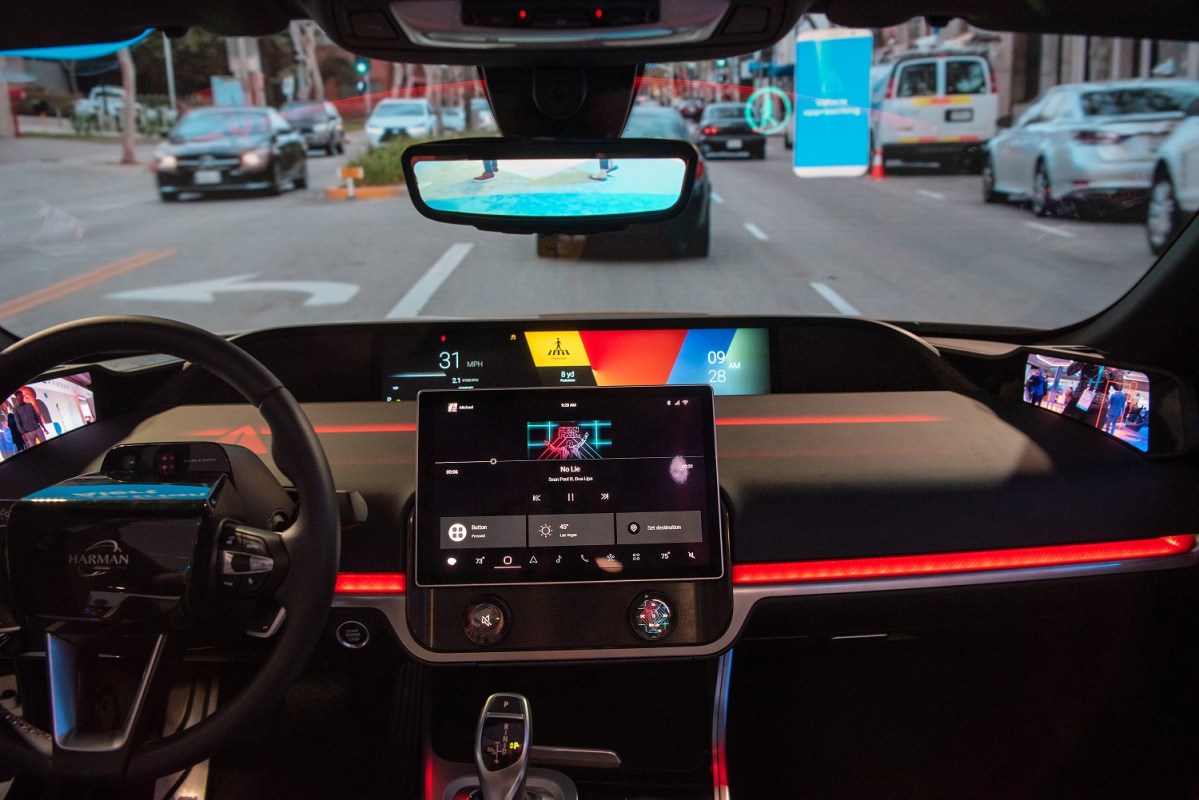
No one disputes that cars, trucks, and SUVs will become increasingly connected over the next decade. From Amazon Alexa compatibility to navigation-linked speed limiters, the list of internet-powered features you’ll one day use during your commute grows every year.
Some technologies will make driving more convenient, especially when it becomes a tedious task. That, however, is just the start. Your car might save your life by becoming a doctor — no medical school training required.
I spoke with Steve Surhigh, the vice president and general manager of automotive cloud services for Samsung-owned Harman, to learn how a car can monitor the driver’s health.
Eyes on the driver
Keeping an eye on the driver is nothing new; millions of cars already do it. Mercedes-Benz inaugurated Attention Assist technology on the 2009 E-Class, and the on-going race toward autonomy has created cars that literally look you right in the eyes.
Cadillac’s Super Cruise system relies on a driver-facing camera to tell whether the driver is paying attention. If it notices you’re looking down at a smartphone, or looking nowhere because you’re dozing off, it emits visual and audible warnings prompting you to stay focused and wake up. In some cases, the automated system might even take control.
Surhigh says Harman can build wellness monitoring technology on these foundations.
“Some carmakers are talking about a teledoctor-type service. So, if there is a system that monitors the driver’s vital signs, and it detects something is noticeably wrong, having a teledoctor available could be part of the vehicle’s connectivity package,” Surhigh explained. “Not only can you monitor vitals, but you can also be proactive in terms of responding to an issue, whether that’s something that would be heart rate-based, or based on blood sugar levels.”
Curious how your car can monitor your heart rate? Look no further than the nearest gym.
Curious how your car can monitor your heart rate? Look no further than the nearest gym. Sensors in the steering wheel, similar to those found on treadmills or stationary bikes, could track your pulse. Alternatively, Surhigh says your car could receive this information from wearable devices, like smartwatches and fitness trackers. Data could be shared via Bluetooth, or in-car 5G. Ford has even floated the idea of burying six pulse sensors in the driver’s seat.
“Carmakers are already integrating technology that
The possibilities don’t end at being able to track the driver’s heart rate. It’s not far-fetched to imagine mandatory breathalyzer-based ignitions for motorists who have a long history of driving under the influence, for example.
Whether you’ll tick the “heart rate monitor” box on an options list depends on your profile. If you’re a 24-year old buying a Volkswagen GTI, there’s a good chance you’re more interested in a surround-sound system and Amazon Alexa compatibility. If you’re an 84-year old in the market for a Ford Expedition? Well, I’m not going to generalize, but there’s a better chance you’ll be concerned about your pulse than a someone born 60 years after you.
Although pulse tracking isn’t for everyone, it’s one of several dozen functions car companies are looking at integrating into their infotainment systems.
“The digital experience is replacing a lot of what previously differentiated carmakers, whether it was horsepower or some other vehicle experience linked to the engine, the braking system, or other components,” Surhigh said. “Now, they’re largely looking at the car’s digital components for differentiation.”
Editors' Recommendations
- In-car 5G is around the corner, but a lot needs to happen before it’s widespread
- Harman brings live concerts to your car’s headrest
- Audi is leveraging technology to turn your car into a third living space



